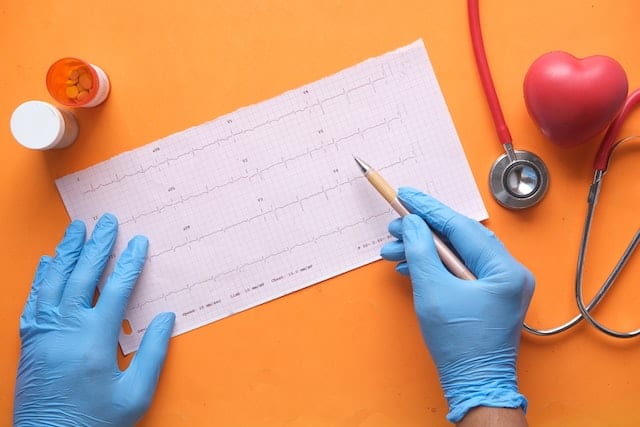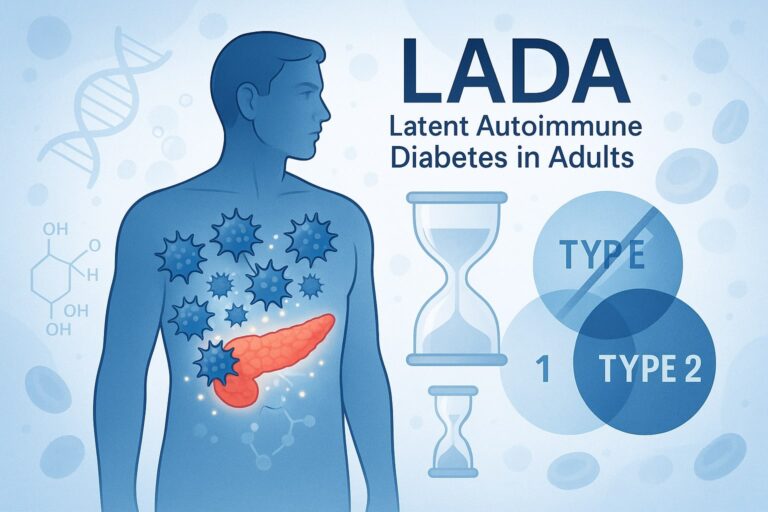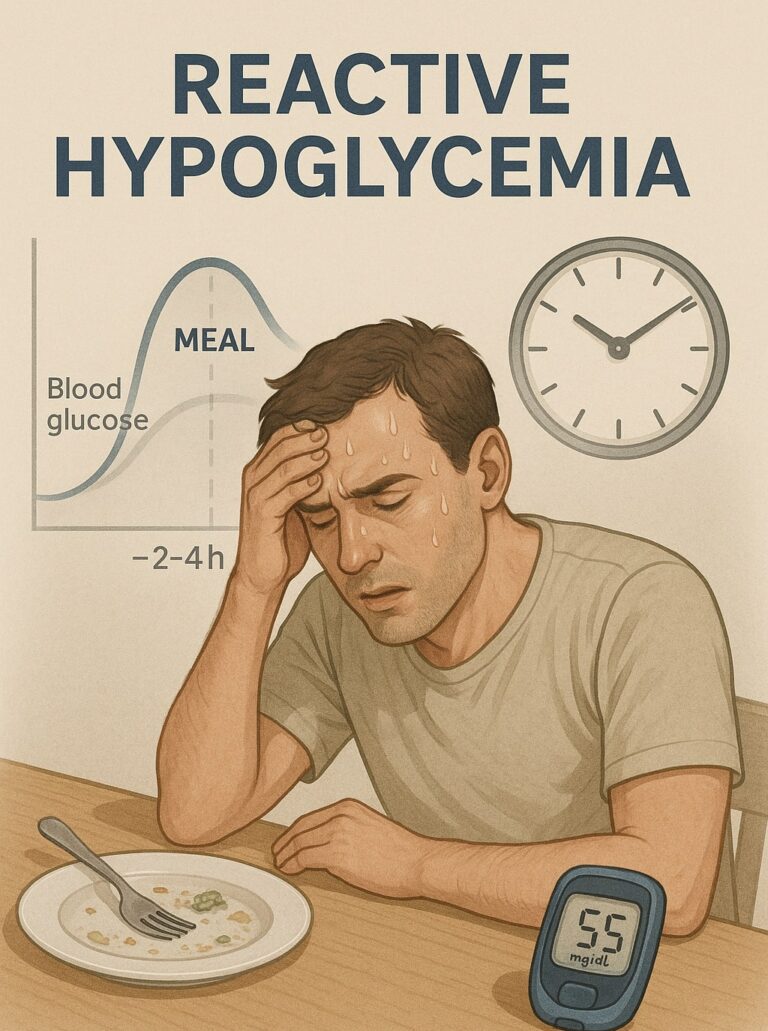What other health complications are associated with diabetes?
Diabetes is a serious health condition that needs to be properly managed in order to avoid further health complications. With an estimated 37.3 million people in the US currently diagnosed with diabetes, there’s a large proportion of the population who are at risk if their condition is not properly managed.
As diabetes can cause life-changing complications, it’s vital that diabetic people take their prescribed medications correctly and eat a healthy, balanced diet. Let’s take a look at the common health conditions that are closely linked with diabetes.
Foot problems
Diabetes can cause nerve damage which can impact physical sensation in the feet, which may make it easier to sustain injuries without realising. Meanwhile, heightened blood sugar levels can damage blood vessels and inhibit circulation, which can make it more difficult for cuts and sores to heal. These problems combined can lead to very serious wounds that if left untreated have the potential to result in amputation of the toes or even the whole foot in the most extreme cases.
Retinopathy
Diabetics can also suffer from diabetic retinopathy, a condition where consistently high blood sugar levels cause damage to the retina. The retina connects with the optic nerve at the back of the eye and sends signals to the brain when it detects light. Retinopathy can lead to further complications in itself. Neovascular glaucoma can occur when abnormal blood vessels grow from the retina and block normal draining of fluid from the eye. Diabetic macular edema (DME) can occur when blood vessels leak fluid into the retina, leading to blurred vision. All of these eye problems can lead to vision loss, and in extreme cases, complete blindness.
Heart disease
High blood sugar levels over a long period of time can also cause damage to the blood vessels throughout the body, possibly inhibiting normal blood flow. This can lead to heart disease, also known as cardiovascular disease or coronary disease. People with heart disease are at increased risk of heart attack and stroke, both of which are life-threatening. A heart attack occurs when the blood supply becomes blocked from reaching the heart, often due to a blood clot. Equally concerning, a stroke can happen when the blood supply to the brain is blocked due to a blood clot, or if pressure is applied to the brain by leaked blood due to a ruptured artery.
Kidney disease
The kidneys are responsible for filtering fluid and waste products out of the blood through the urine. When diabetes leads to damaged blood vessels in the kidneys, the filtering system does not work as efficiently. This means the body cannot adequately clear waste and fluid, which can cause a range of symptoms including swollen extremities, fatigue, shortness of breath and nausea.
Gum disease
High blood sugar can cause high levels of sugar in the saliva, leading to an increase in bacteria in the mouth which breaks down tooth enamel and can lead to damage to the gums. In addition, poor circulation to the gums increases the risk of serious infection which could lead to painful dental problems and tooth loss.
Manage diabetes properly to minimize complications
Although health complications are common in people with diabetes, the risks can be reduced when the disease is properly controlled. Be sure to follow your treatment plan correctly and undergo regular routine testing to help your doctor identify and manage complications as soon as they arise.







